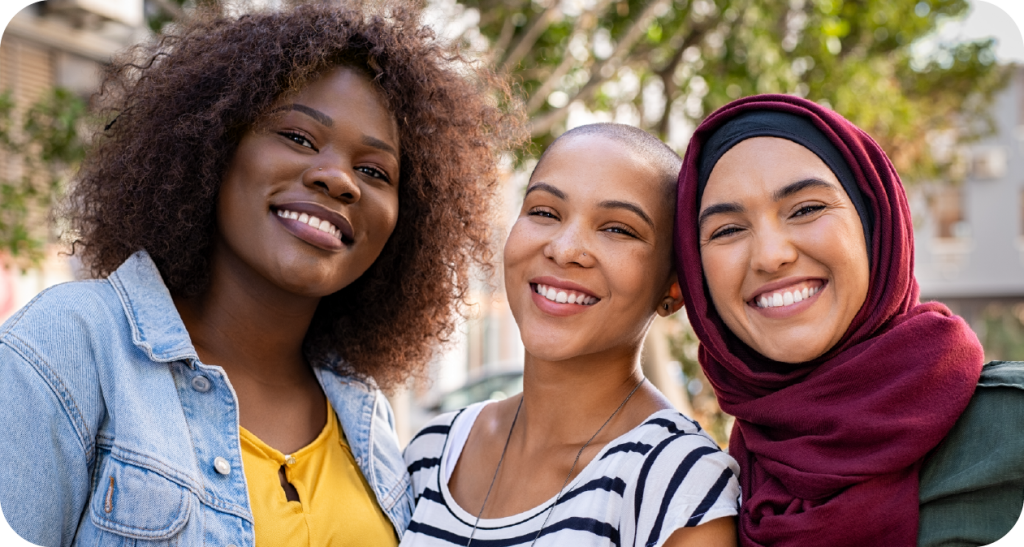
Youth explore how they internalize and form perceptions and how they can work to challenge such thinking. Through activities, media resources, and authentic global youth stories, youth learn to reflect on their own assumptions, explore the perceptions they encounter in their communities and in the media, and create an action plan for addressing such perspectives in themselves and others.
Global Nomads uses the power of storytelling to promote empathy and bring social topics to life through day-to-day realities. Participating youth read authentic, impactful stories from youth participants around the world that reveal deep truths about global issues, then enhance the conversation by sharing their own stories with fellow Student to World users. All participants are eligible to participate in moderated live conversations with other youth from around the world.


Educators
Classroom teachers and school administrators.
Group leaders & mentors
Afterschool programs and groups, faith-based organizations, scouting, clubs, etc.
Independent learners
Individual youth participants.
Online Access, 4 Learning Modules,
Live Virtual Events, Age 13 – 19,
English, Arabic, American Sign Language
Teachers, Educators, & Leaders
Create an account and invite students or youth participants.
Students
If your teacher or group facilitator gave you a code.
Independent Learners
Take a course on your own.
Includes written text, images, videos, and multimedia.
Content is available in a growing selection of languages:
Module 1:
Everyday Book Covers
Students share the story of a time when they made an assumption about someone and, note how they went up each step of the Ladder of Inference, and reflect on the things they were taught that lead them to make those steps.
Module 2:
Everyday Local Contact
Students complete a How Diverse is Your Universe activity and write about a time they learned something that challenged their perception about someone who is different than them.
Module 3:
Everyday Global Diversity
Students write a script of an imagined conversation between them and someone from another country, including questions that they would ask about that country and the answers to those questions.
Module 4:
Everyday Action
Students create a SMARTIE goal to take an action, helping themselves and/or others to challenge their preconceived perceptions.
Common Core Standards
ASIA SOCIETY GLOBAL COMPETENCIES:
Investigate the world
Recognize perspectives
Communicate ideas
Take Action
UNITED NATIONS SUSTAINABLE DEVELOPMENT GOALS:
Goal 4: Quality Education
Goal 5: Gender Equality
Goal 10: Reduced Inequalities
Goal 16: Peace, Justice, and Strong Institutions
Goal 17: Helping governments and stakeholders make the SDGs a reality
